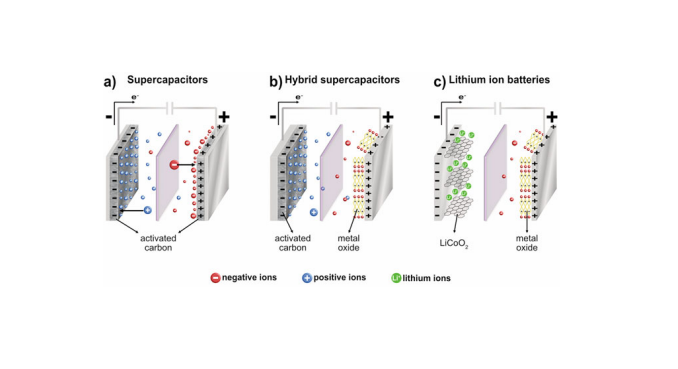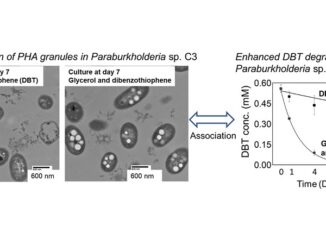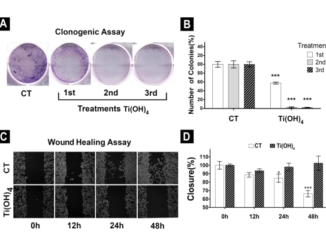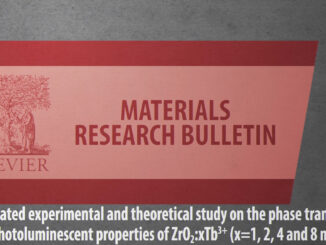
Sodium-Ion-Based Hybrid Devices
Abstract: The rapid growth of the population and the global economy has significantly increased the demand for energy consumption. To this end, batteries and electrochemical supercapacitors (ESCs) are recognized as the two most important types of electrochemical conversion devices in a matter of advances in energy storage. Therefore, a novel energy storage system has emerged combining the advantages of batteries and supercapacitors, the hybrid capacitors (HCs). Sodium-ion hybrid capacitors (SIHCs) are promising for large-scale electric energy storage benefiting from the low cost and the high abundance of sodium. SIHCs are generally composed of two electrodes for redox reactions: the anode is in battery form and cathode ion sorption in the ESCs. The big challenge for SIHC’s large-scale expansion is the sluggish redox reaction kinetics of the fast-capacitive sorption in the capacitor-type electrode, which fails to match the battery-type electrode. In this regard, SIHCs face a big challenge in reaching high power and energy density, especially lacking suitable battery-type electrodes with fast redox responses. This chapter provides a brief introduction to the charge storage mechanism of the different energy storage systems and the experimental methods for the performance evaluation of SIHC devices. Additionally, insights into the recent studies of SIHCs systems are provided, focusing on materials design, electrochemical performance, and some aspects of the value market. Finally, some challenges and future perspectives on SIHC research are presented.
Author(s): Fragal, V. H. ; Fragal, E. H. ; Lima, A. M. O. ; Queiroz, M. N.; Silva, O. A. ; Cottet, L.; Sequinel, T.; Silva, R.; Muniz, E. C.; Gorup, L. F. ; Silva, E. P.
Handbook of Energy Materials. Springer, Singapore
Published: 08 December 2022
DOI: https://doi.org/10.1007/978-981-16-4480-1_26-1
CDMF
The CDMF, hosted at the Federal University of São Carlos (UFSCar), is one of the Research, Innovation and Dissemination Centers (RIDC) supported by the São Paulo State Research Support Foundation (Fapesp), and also receives investment from the National Council Scientific and Technological Development (CNPq), from the National Institute of Science and Technology of Materials in Nanotechnology (INCTMN).




